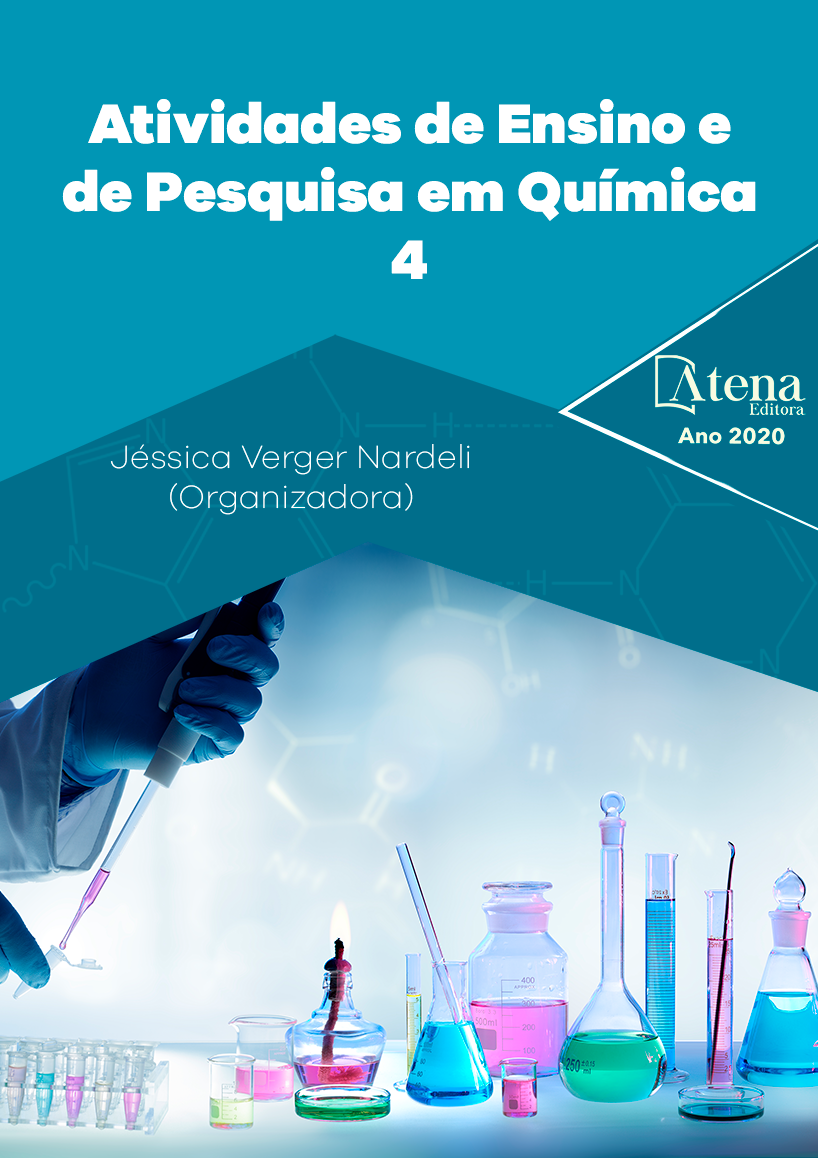
WEBQUEST COMO FERRAMENTA PEDAGÓGICA NO ENSINO DE QUÍMICA: ELABORAÇÃO, APLICAÇÃO E ANÁLISE DE WEBQUEST NO CURSO TÉCNICO DE NUTRIÇÃO E DIETÉTICA
A presente pesquisa, de cunho descritivo, objetivou-se verificar a contribuição da Metodologia Webquest (MWQ) para o ensino aprendizagem de conteúdos relacionados à Química, no Ensino Médio permitindo ao professor o desenvolvimento de seu material didático. Para tanto, foi criada, aplicada e analisada uma Webquest intitulada de “Conservação e Reações Químicas em Alimentos”. A construção foi feita através de pesquisas na internet, a maior dificuldade está na escolha do assunto e formulação do desafio, pois estes precisam despertar o interesse dos estudantes e proporcionar conhecimento. Neste caso o aluno foi desafiado a ajudar uma comunidade que vem sofrendo com a escassez de alimentos e possível proliferação de doenças. Quanto à aplicação se deu em uma turma de 3º ano do ensino médio técnico do curso de nutrição de uma escola da rede pública, em equipes os alunos criaram uma história em quadrinhos (HQ) relatando as principais técnicas de conservação alimentar e alguns problemas de saúde que podem ser evitados. No que tange a análise avaliativa da MWQ ocorreu através de uma auto-avaliação na qual os alunos falaram livremente sofre a proposta de ensino adotada, 70% dos estudantes gostaram da metodologia utilizada, 30% preferiam outras estratégias, porém não desgostaram da estratégia usada sendo destacados a autonomia e o estudo por temas como pontos positivos no método adotado. Desta maneira, é possível inferir que o uso das tecnologias digitais de informação e comunicação (TDIC) e em particular de Webquest pode auxiliar no processo de ensino-aprendizagem, tanto na revisão dos conteúdos quanto no desenvolvimento e na avaliação dos mesmos por parte dos professores, podendo ser uma ferramenta de apoio às aulas, colaborando para o melhor entendimento dos assuntos estudados pelos alunos, maior integração e reflexão dos temas trabalhados.
WEBQUEST COMO FERRAMENTA PEDAGÓGICA NO ENSINO DE QUÍMICA: ELABORAÇÃO, APLICAÇÃO E ANÁLISE DE WEBQUEST NO CURSO TÉCNICO DE NUTRIÇÃO E DIETÉTICA
-
DOI: 10.22533/at.ed.11420220615
-
Palavras-chave: Tecnologia Educacional; Webquest; Ensino/aprendizagem
-
Keywords: Educational Technology; Webquest; Teaching/learning
-
Abstract:
The present descriptive research aimed to verify the contribution of the Webquest Methodology (MWQ) to the teaching of content related to Chemistry in high school allowing the teacher the development of his didactic material. To this end, a Webquest entitled "Conservation and Chemical Reactions in Food" was created, applied and analyzed. The construction was done through research on the Internet, the greatest difficulty lies in choosing the subject and formulating the challenge, because they need to arouse the interest of students and provide knowledge. In this case the student was challenged to help a community that has been suffering from food shortages and possible proliferation of diseases. As for the application took place in a 3rd year class of technical high school of the nutrition course of a public school, in teams students created a comic book (HQ) reporting the main techniques of food conservation and some health problems that can be avoided. Regarding the evaluation analysis of MWQ occurred through a self-assessment in which students spoke freely suffers the teaching proposal adopted, 70% of the students liked the methodology used, 30% preferred other strategies, but did not dislike the strategy used by highlighting autonomy and study by themes such as positive points in the method adopted. Thus, it is possible to infer that the use of digital information and communication technologies (TDIC) and in particular Webquest can assist in the teaching-learning process, both in the review of the contents and in the development and evaluation of the same on the part of the teachers, being able to be a tool to support classes, collaborating to better understand the subjects studied by the students, greater integration and reflection of the topics worked.
-
Número de páginas: 8
- Elenildo Gonçalves de Sousa


